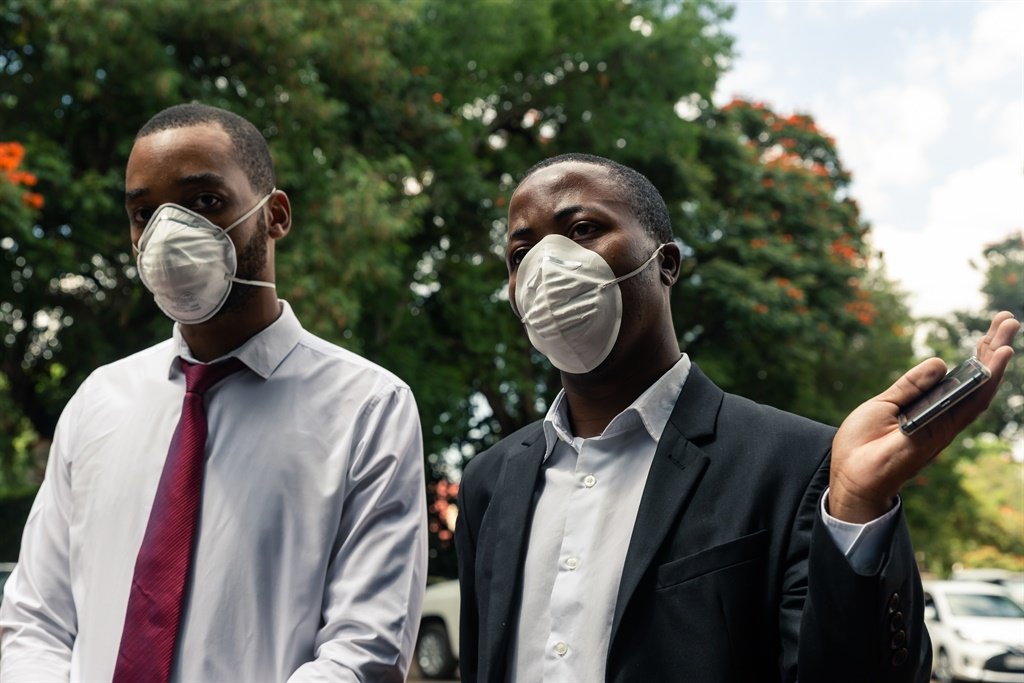

Harare
– Zimbabwean authorities on Monday began enforcing a three-week lockdown in its
fight against the spread of the novel coronavirus (Covid-19) after the disease
left one person dead and infected six others.
President Emmerson Mnangagwa
declared a 21-day “total” lockdown from Monday curtailing movement
within the country, shutting most shops and suspending flights in and out of
Zimbabwe.
Police mounted checkpoints on
routes leading to Harare’s central business district, stopping cars and turning
away pedestrians who had no authorisation to be in the area.
READ | Zimbabweans fear ‘starving in their own homes’ as 21-day coronavirus lockdown looms
Elsewhere, truckloads of
metropolitan and national police armed with batons were on patrol, ordering
people back to their homes.
“We don’t want to see people
here on the streets. We don’t want to see people who have no business in town
just loitering,” a police officer said through a loud hailer. “Everyone to their homes.”
Her colleagues, in riot gear,
dispersed people standing in small groups at the Copacabana minibus terminus,
which is usually abuzz with people, including foreign currency dealers.
WATCH:
‘I can’t afford to feed my family’
In the township of Mbare, the
usually bustling terminus for long-distance buses was deserted with only
municipal street cleaners sweeping the empty bus ranks.
A traditionally busy downtown
area of Harare referred to as “The Third World” resembled a ghost
town with few people on the streets. Most shops had their shutters down.
For many of the country’s 16 million
people, who are already suffering a grim economic recession, the lockdown means
even tougher hardship.
READ | Virus fears prompt Zimbabwe to let citizens pay in US dollars
With the unemployment rate
estimated at around 90%, most Zimbabweans have informal jobs to eke out a
living and few have substantial savings.
Some were trying to leave the
city for rural villages.
“We would rather spend the
21 days at our rural home, where we don’t have to buy everything. I can’t
afford to feed my family here when I am not working,” said Most Jawure.
“We have been waiting here
for more than two hours but there are no buses,” Jawure told AFP while
standing with his wife and daughter beside a bulging suitcase.
WATCH:
Stay up to date and stay healthy. Subscribe to Health24’s Daily Dose newsletter for important updates on the spread of the coronavirus. Register and manage your newsletters in the new News24 app by clicking on the Profile tab
